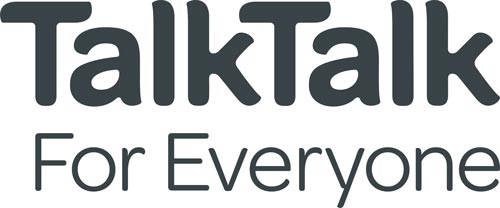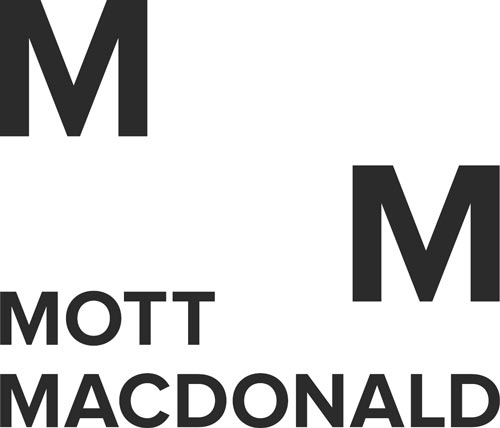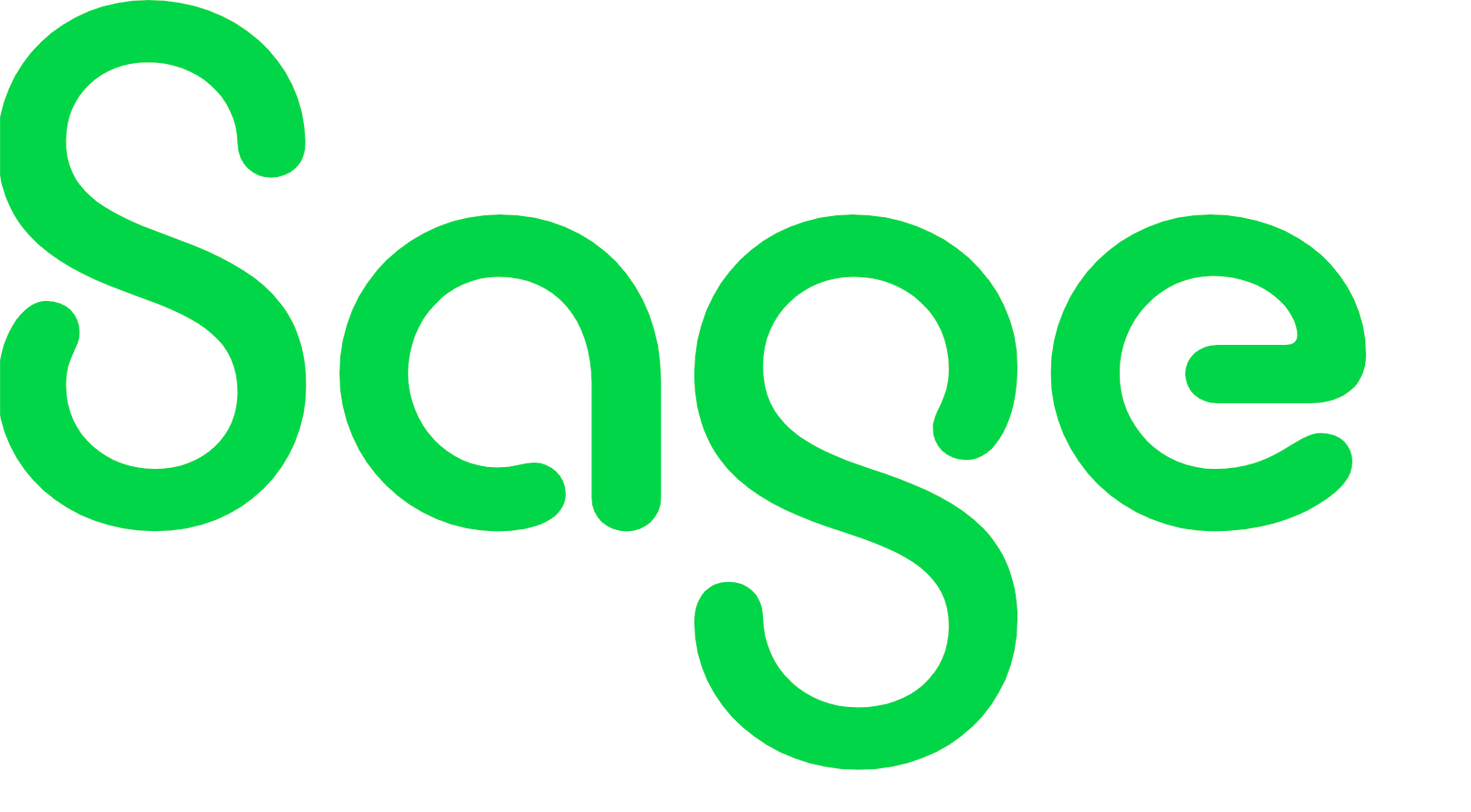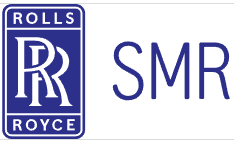Disadvantage to deprived Northern pupils compounded by weeks of lost learning
16.12.20
Northern pupils are still facing the biggest disruption to learning this year, the Northern Powerhouse Partnership (NPP) has warned, in light of new data from the Department of Education showing secondary school attendance well below 80% in many areas of England.
The NPP is backing calls from the Children’s Commissioner for England Anne Longfield, who says mass testing in schools should be rolled out in areas of greatest educational disruption first and attendance should be factored into exams 2021 for children most affected by learning loss.
While pupil attendance in the rest of the country is now beginning to drop in line with levels in the North, Northern pupils – who have faced significant disruption since September – are still the most at risk of falling behind.
School attendance figures for 23 March to 10 December have been published by the Department for Education. This is the first breakdown at a regional and local authority level since October.
In some areas of the North, including Oldham and Newcastle, secondary school attendance has consistently remained below 80% for most of this academic year. In most areas of London, attendance has only fallen to this level in the last two or three weeks.
Five out of the ten local authorities with the highest levels of missed classroom learning since September are in the North.
There is also a clear link between disruption and deprived areas, with local authorities that have high proportions of Free School Meals pupils seeing more days of lost learning.
As the graph below shows, though attendance in areas of London are now beginning to fall, places such as Oldham and Newcastle have been battling low attendance rates since September.
In the most recent five-week period, secondary schools in Hull have reported an average attendance rate of just 63%, though last week this had increased to 74% from a low of just 56% in the middle of November.

Source: Department for Education, Attendance in education and early years settings during the coronavirus (COVID-19) outbreak
There are also concerns from the Northern Powerhouse Partnership that the greater numbers of disadvantaged children in the North are less likely to have access to the digital devices and broadband connections necessary to learn remotely, meaning that the learning loss they have experienced is likely to be greater.
Sarah Mulholland, Head of Policy at the Northern Powerhouse Partnership, said:
“While it’s clear school attendance across the whole of the UK is now beginning to drop in line with the North, it’s worth remembering that Northern pupils have already lost weeks and weeks of learning. There are GCSE students in Oldham who have had just six weeks of face-to-face teaching this academic year.
“The Children’s Commissioner is completely right to call for mass testing to be rolled out in areas of greatest educational disruption first and for attendance to be factored into exams 2021 for children who have been most affected by learning loss.
“As the data does not give a breakdown for specific year groups, we’re still not able to see the full impact on pupils in Year 11 and Year 13 due to sit exams in just a few months’ time. It is pupils like these who stand to lose the most from missing school.
“The government faces three critical challenges if we’re to avoid a repeat of last summer’s results chaos – targeting catch-up provision at those who need it most, closing the digital divide and factoring in differential levels of attendance in pupil assessment.”
Media Enquiries
For media enquiries and interview requests, please contact the press office on:
Get involved...
There are a number of ways you can help drive forward the Northern Powerhouse agenda.
Our Members
Working with businesses and organisations across the North


















